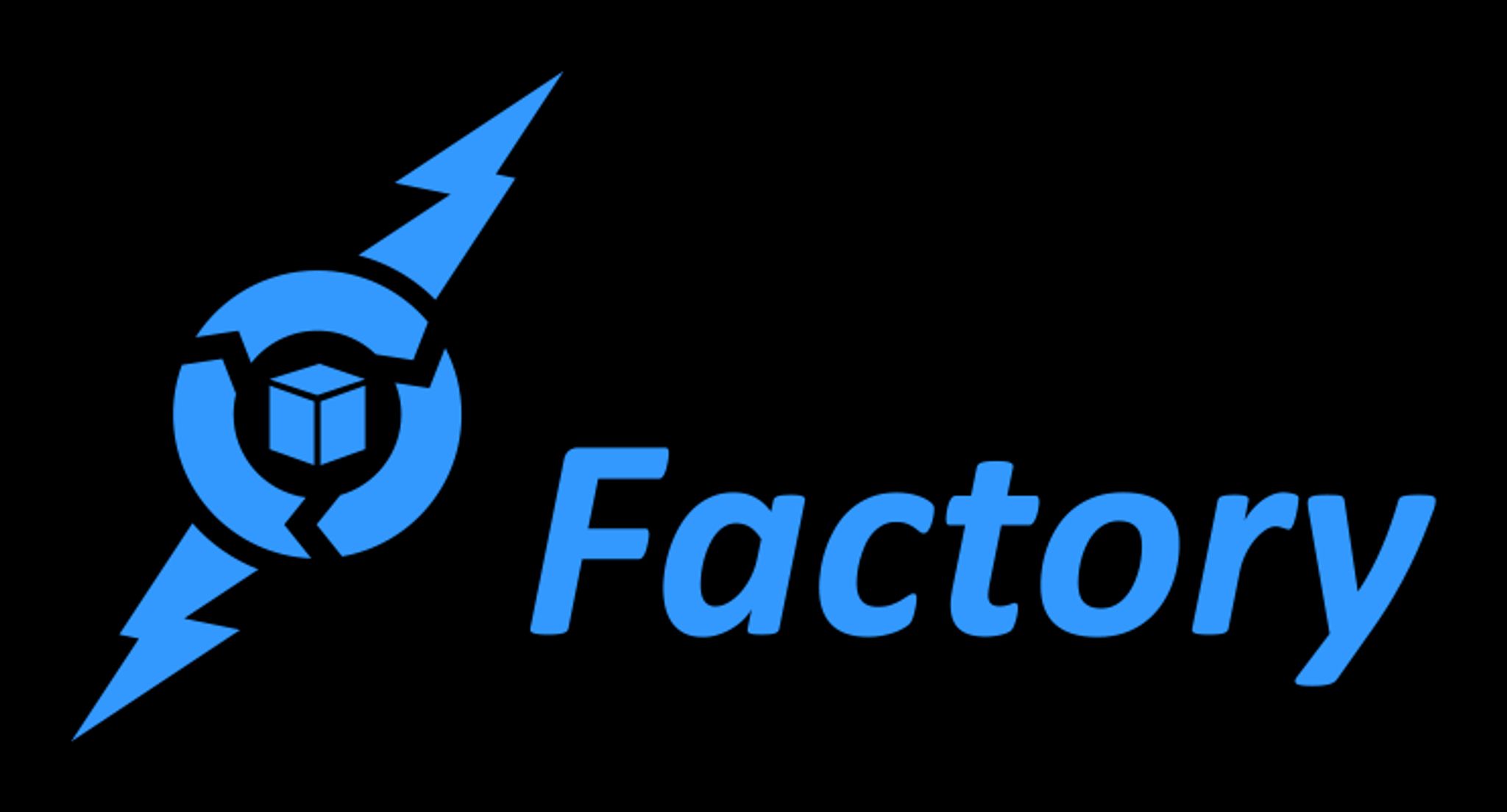Mastering Application Lifecycles with Jahia Digital Factory 7

Capturing and engaging increasingly shrewd audiences whilst delivering the smoothest user experience is paramount for any website or application.
However, the creation process, especially in a professional environment, has a long list of requirements. For example, local needs such as language and region-specific services need to be met, whilst corporate guidelines like logos, layouts, corporate information on websites, intranets and extranets need to be respected.
This all translates into constant demands from business teams to their development teams to timely produce and deliver solutions which the audiences are expecting, with the best possible user experience.
To cope with this unrelenting demand, both IT and business teams need to work quickly and together to make sure they deliver the right solution at the right speed.
At least, that’s how it should be.
In reality, there are very few vendors who can actually embrace such a united process. The reasons for this are many, but the results are always the same, with even successful projects resulting in a skewed professional relationship between the two teams.
Digital Factory 7 by Jahia presents a pretty comprehensive approach to this dilemma.
Digital Factory 7: The Three-part Solution
The approach taken by Digital Factory 7 can be presented in three major parts:
1) The Development Part
Jahia Studio is an exclusive visual User Experience Builder which is suited for developers or solutions builders.
The Studio allows developers to:
- Visually build complete template structures and layouts for website and/or applications.
- Edit sources.
- Use snippets.
- Fasten and secure dev work (definition editor, code editor, resource bundle editor).
- Execute and test code almost in real time (a feature which is typically very rare in java environments).
Furthermore, developers can work directly in the Studio or in their IDE or in both at the same time, choosing the most productive tool for the job at any given moment.
Jahia Studio does not intend to replace a Java IDE, but to make developers more productive when it comes to purely the Jahia stuff.
The studio is linked to sources, a SCM (GIT or SVN), as well as the App Store. So, developers can secure their work and push it to the App store whenever a new version is ready.
2) The Pivot Part
The Jahia Private App Store Software is home to information regarding released modules (Jahia building blocks), and compatibility details between a module and Digital Factory versions.
Additionally, the App Store provides approved modules to subscribed Digital Factory servers, and can be either Public or Private.
For instance, a Digital Factory 7 server can subscribe to the vendor main server, to an internal store within its own organization, or to external suppliers/partners’ stores.
Here are some of the advantages the App Store offers:
- Creation of a re-usable components library.
- Better management releases.
- Maintenance cost reductions.
- Improved risk management (each version is properly tagged and numbered).
- No more need for error prone manual exchanges between development and production teams.
3) The Operation Environments Part
These environments ( test / acceptance / production ) are clients of the App Store, thus allowing production teams to:
- Be notified of any new events.
- Be notified of updates.
- Have access details info about modules.
- Perform 1-click updates (downloads & deployment).
Further to these benefits, Digital Factory 7 environments embed OSGi, which means that administrators can:
- Hot deploy modules, even in a clustered environment.
- Instantly move from one version of a module to the other.
- Roll-back to a former module version for the sake of troubleshooting.
And that’s how Jahia Digital Factory 7 can help bridge the gap between business and IT departments, facilitating a more controlled app lifecycle, and a far better end result.
To find out more about Digital Factory 7, click here.
Also, be sure to explore more of Jahia Digital Factory via our CMS Directory.